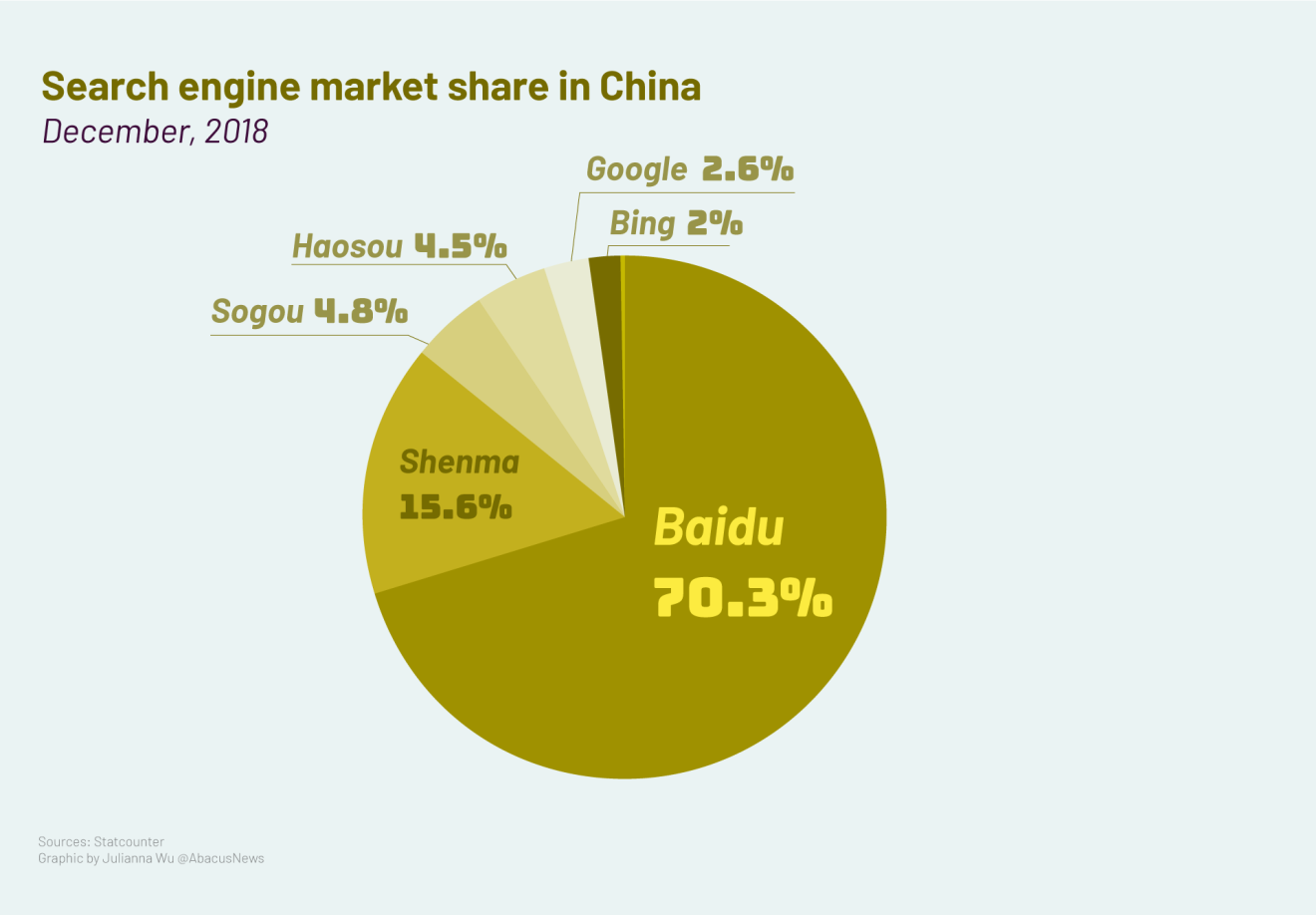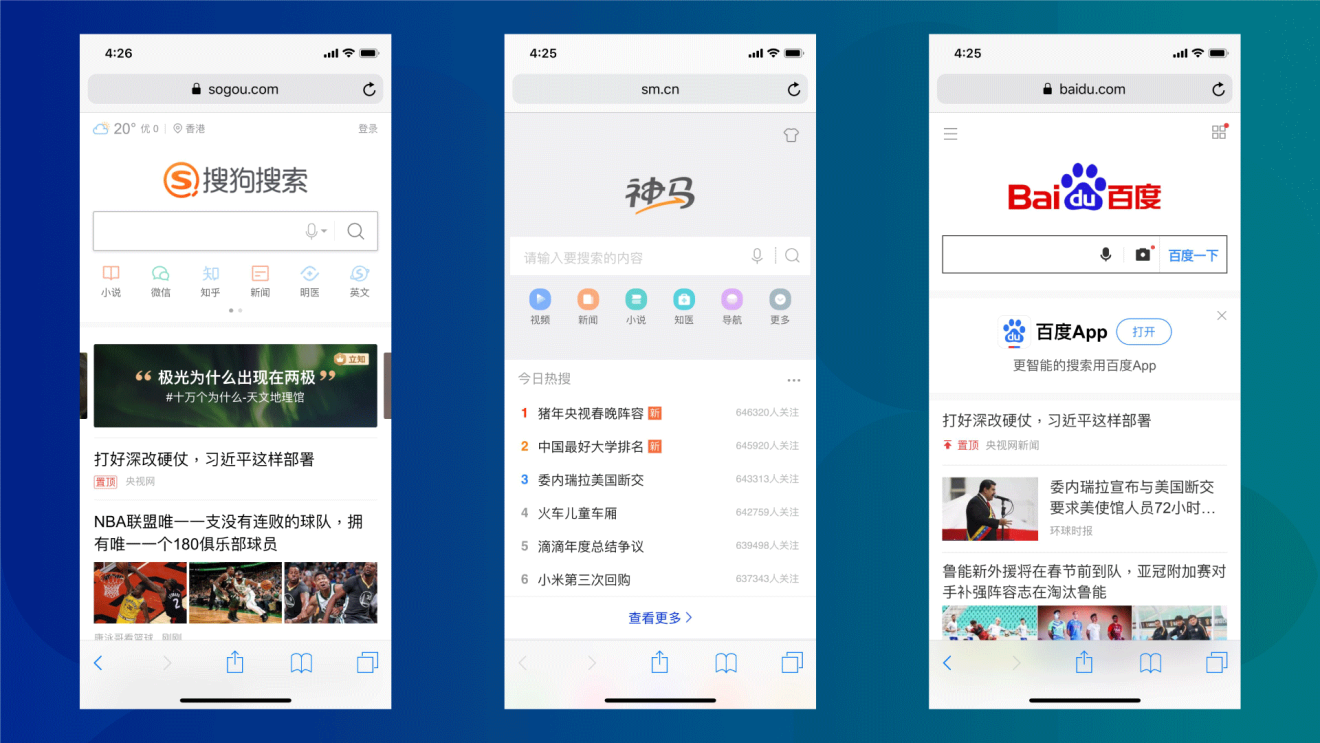
From Bing to Baidu: How people in China search online
Bing goes offline for some Chinese internet users, prompting censorship fears
Update, January 25, 2019: Microsoft confirms that Bing was inaccessible in China, but service is now restored.
No matter where you go, Bing seems to be the forgotten search engine -- eclipsed by Google globally, and trailing Baidu in China.
“I started using Bing in 2013. That’s because a few years back, reports started to come out questioning how Baidu ranked search results and screened false ads,” said Zhao Zhiyong, a 24-year-old student.
Meet Baidu, China’s homegrown search engine

And that’s part of the reason why on Thursday, some people in China were unnerved when Bing -- an alternative to Baidu -- became unreachable in parts of the country.
More are wondering if Bing has finally fallen outside China’s Great Firewall, which blocks a large number of foreign websites.

The second most popular search engine in China is Shenma, a mobile-only search engine founded by the team behind UC Browser and its owner Alibaba. The name literally translates to “divine horse”, which rhymes with the Chinese phrase meaning “what?”
(Abacus is a unit of the South China Morning Post, which is owned by Alibaba.)
Despite these existing options, some people said they still prefer Bing to the others.
Google’s censored search engine might be gone, but here’s five other things it’s still doing in China
For more insights into China tech, sign up for our tech newsletters, subscribe to our Inside China Tech podcast, and download the comprehensive 2019 China Internet Report. Also roam China Tech City, an award-winning interactive digital map at our sister site Abacus.
For more insights into China tech, sign up for our tech newsletters, subscribe to our Inside China Tech podcast, and download the comprehensive 2019 China Internet Report. Also roam China Tech City, an award-winning interactive digital map at our sister site Abacus.

